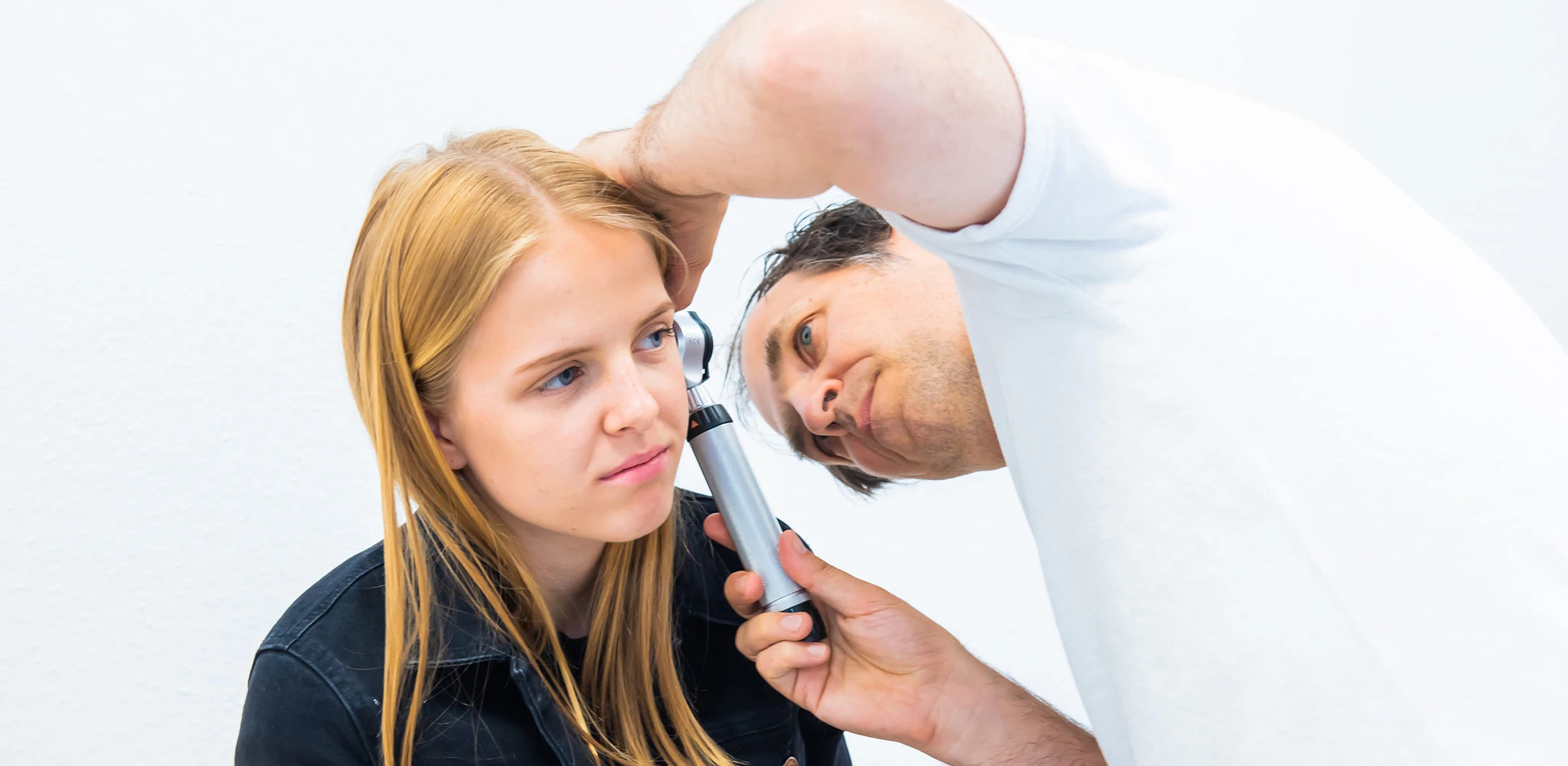Recognising and differentiating between urinary tract infections
The child has to wee very frequently, is in pain or wets in an atypical way. Classic symptoms of a urinary tract infection. If you notice these in your child, you should pay particular attention to one thing.
Because then it is important to make an important distinction. There are urinary tract infections that are accompanied by fever and a strong feeling of illness. This is known medically as an ascending urinary tract infection or pyelonephritis. But that's not what we're talking about here.
Instead, we will look at so-called cystitis, which is usually not accompanied by fever or a severe feeling of illness. The symptoms are an increased urge to urinate and pain when urinating. There may also be a slight reddish discolouration of the urine. In small children, it is noticeable that although they may have been dry for six months or a year, they suddenly start wetting themselves again. All these symptoms should be a reason to have the paediatrician examine the urine with a test strip.
It is important to note that a banal urinary tract infection, i.e. a bladder infection, does not need to and should not be treated with antibiotics too quickly. In many cases, the body can deal with it itself.
The child should drink plenty of fluids. It is best to drink acidic things, cranberry juice is recommended, for example. And you can also give something to relieve the pain.
Nevertheless, it may be that antibiotic treatment is appropriate, and this must be discussed with the doctor. For example, if the child is in so much pain when weeing that it refuses to go to the toilet.
The most important message for you: If your child shows symptoms of a urinary tract infection, check whether they also have a fever and whether they appear ill. If not, there is no need to rush. In the other case, if it seems to be a pelvic inflammatory disease, you need to act more quickly and seek medical advice.
Further interesting tips
Language development
Comparing children is rarely a good idea. But in one area, comparisons with others are even more stupid than they already are: language development. Because this is a very individual story. Nevertheless, there are of course a few pointers and tips. Not only the doctor knows this, but also Myriam Mayländer, speech therapist in Lorch.
School enrolment
Stress, excitement, anticipation, anxiety: the feelings surrounding starting school can be very different. But the time is emotional in almost every case - for children and parents. A few tips and thoughts from the doctor. His three children have already survived school, so he knows quite well what he's talking about :-).
Immune system
A good immune system cannot prevent every illness. But the chances of only falling ill slightly or not at all are much greater if the body's own defences are working well. Here are our tips for the winter months.
